QuestionWe adopted a terrier mix from the Animal shelter. He is a wonderful, well trained dog. His age is approx. 1 1/2 to 2 years
He holds his pee until taken out, but even when out after eating he poops a little, and then later, finishes in the house. What am I doing wrong.???
Answer
Hi Frank,
Until your dog is reliably house trained, don't let him have the run of your home when you're not able to be watching him, and when you're not home. During those times, your dog needs to be contained in some way. Using a dog crate is a very effective means to contain a dog, it doesn't give the dog room to soil in the crate and also lay comfortably. A crate should be only big enough for a dog to stand up, turn around, and lay down, anything larger gives the dog room to soil, and that's counter productive to crate training. Two other popular methods of containing dogs is to use a child-gate or two in part of a room, or to use an indoor dog pen (such as this: http://www.drsfostersmith.com/product/prod_display.cfm?pcatid=16677). With the child-gate and dog pen methods, you should place a thick layer of newspaper over the entire containment area. Unlike crating, these two methods give your dog enough room to soil and still have a comfortable place to lay.
If your dog doesn't do "everything" when you have him outside on a walk, when you get back to the house put him in his containment area for about 15 minutes, then take him back outside for another try. Preventing accidents from ever occurring in the house is rule number one in house training. The other big rule is supervision. If an accident happens because you weren't watching your dog closely enough, it's not the dog's fault. You have to expect an accident to occur if your dog is not being watched.
When walking your dog, as soon as he eliminates, shower him with praise for a job well done. This is very important, your dog wants to please you, and needs to know how wonderful it is when he goes outside! You can also start using a "cue word" or phrase that your dog will learn to associate with the act of going to the bathroom. While walking your dog, in a happy voice say whatever phase you choose, such as "go potty", "get busy", "do your business" etc. the moment after your dog has finished eliminating, praise him by saying "Good potty!". If your dog still needs to go to the bathroom, keep walking while repeating the cue phase when your dog is sniffing around and looks interested. The same phrase applies to both solid and liquid waste. Always use the same words for going outside because your dog can get confused by various commands. Eventually your dog will associate the phrase with the action, which is very helpful when the weather is bad.
Should your dog have a few accidents in your home despite your best efforts to prevent them, neutralize any soiled areas (carpet or floor surface) with an enzymatic odor neutralizer such as Nature's Miracle, Nilodor, Fresh 'n' Clean, or Outright Pet Odor Eliminator. Avoid using ammonia-based cleaners to clean up after your dog's urine, as ammonia breaks down to urea, which is a component of urine.
Never ever discipline (verbally or otherwise) your dog for after-the-fact for accidents that you did not actually witness. Even if you see your dog eliminate on the floor or carpet, harsh physical punishment is never recommended, it can lead to other behavioral problems. Again, it comes down to supervision.
You can read more about how to house train an adult dog here:
http://www.cuhumane.org/topics/hseold.html
I hope I've been a help.
Best of luck,
Patti

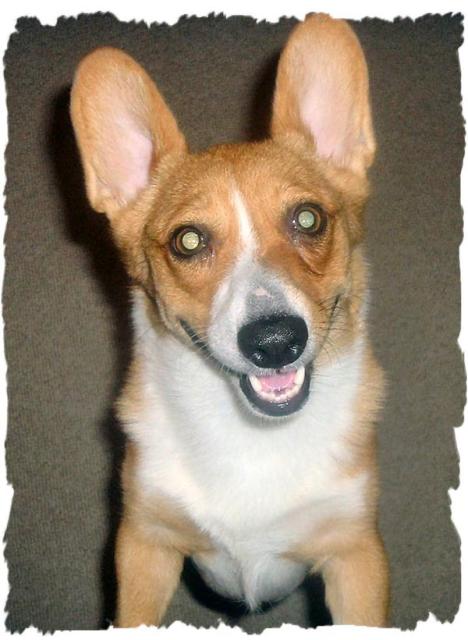 my 3 year old welsh corgi
Question
Bella
I have 2 old cairn terriers, 12 and 15 (
my 3 year old welsh corgi
Question
Bella
I have 2 old cairn terriers, 12 and 15 (
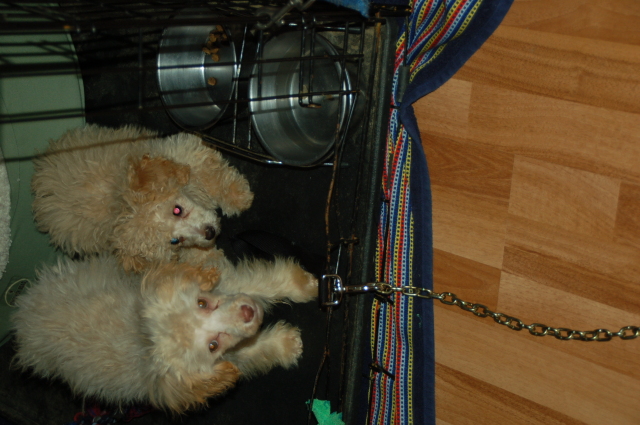 puppy behavior
Question
Cooper and Guy
Hi, thanks so much for reading
puppy behavior
Question
Cooper and Guy
Hi, thanks so much for reading
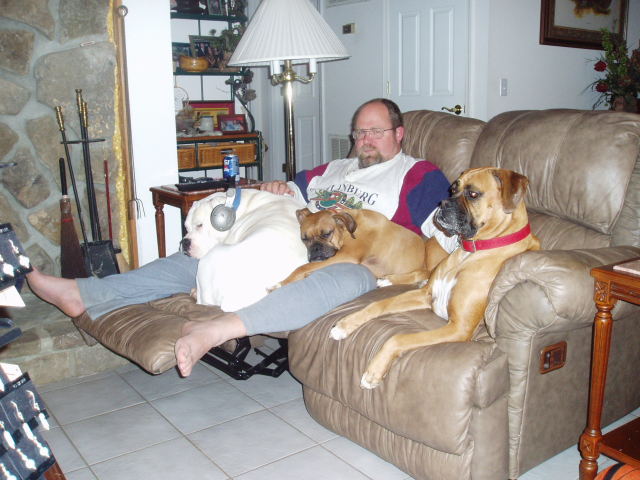 aggressive behavior between my 3 dogs
Question
My loves watching tv
I have always had boxers,
aggressive behavior between my 3 dogs
Question
My loves watching tv
I have always had boxers,
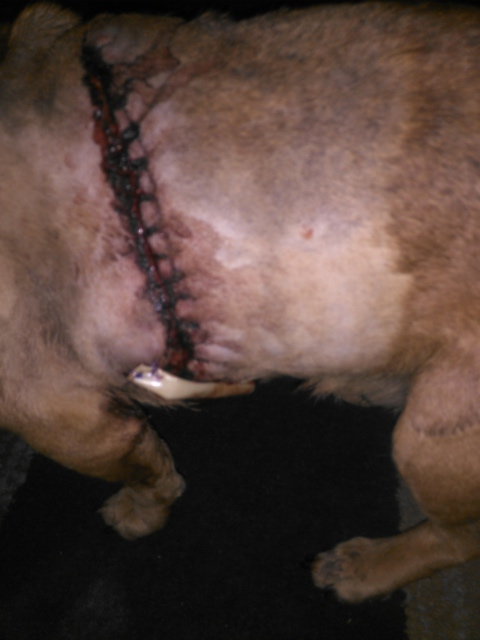 tumor on my dog
Question
stitched up second tim tumor
My d
tumor on my dog
Question
stitched up second tim tumor
My d
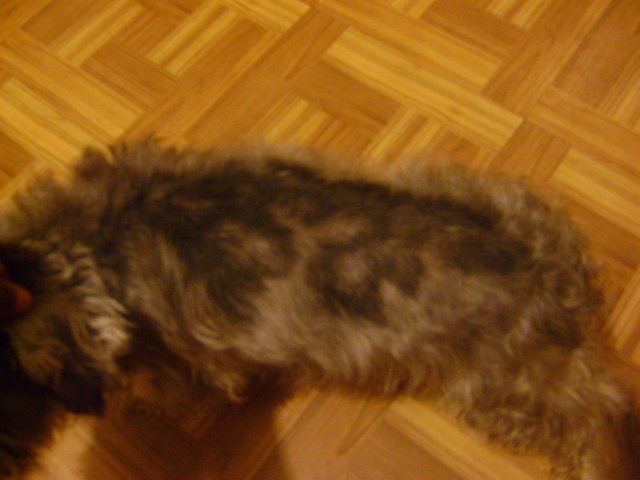 Thining hair on back/back hair darkening
Question
Dogs Back
Please Help!
I have a 4 year miniatu
Thining hair on back/back hair darkening
Question
Dogs Back
Please Help!
I have a 4 year miniatu